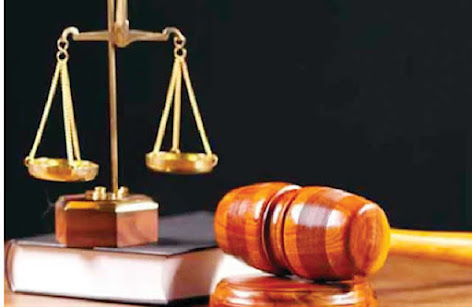By Dan Agbese
President Muhammadu
Buhari is back home and is now at work in Aso Rock. That sentence, a poor
reportage of stale news, speaks to our collective relief at seeing the
president as usual resplendent in his white baban
riga, at
his desk.
The enormous relief at
his return is still washing over the nation. He was away for 50 days. And for
50 days, this nation was on tenterhooks, consumed by fear, concern and anxiety.
And hope was progressively marginalised. Presidential spokesmen positively muddied
the waters when they unnecessarily tried quite gallantly but pathetically
vainly to deny what was patently undeniable: the fact of the president’s
illness.
I join millions of my
compatriots in welcoming Buhari back home. It is the Lord’s doing. Or, perhaps,
more appropriately in this case, it is Allah’s doing.
It should not be difficult for Buhari to pick up from where he left off more
than 50 days ago as of this writing. He is lucky to have a vice-president who
is committed to the ideals of governance they share and did a splendid job of
minding the complicated shop by the name of Nigeria. His administration remains
on course. Splendid.
The president’s
illness was a sad and cruel reminder that illness is no respecter of persons.
All mortals, presidents and truck pushers alike, are subject to the grim
decision of the Grim Reaper entirely at its own discretion. The president is
human; so is the truck pusher. I see the president’s illness as an interruption
on his programme of salvaging the country. It shook the nation as much as it
shook his own immediate family. Pox on illness.




















